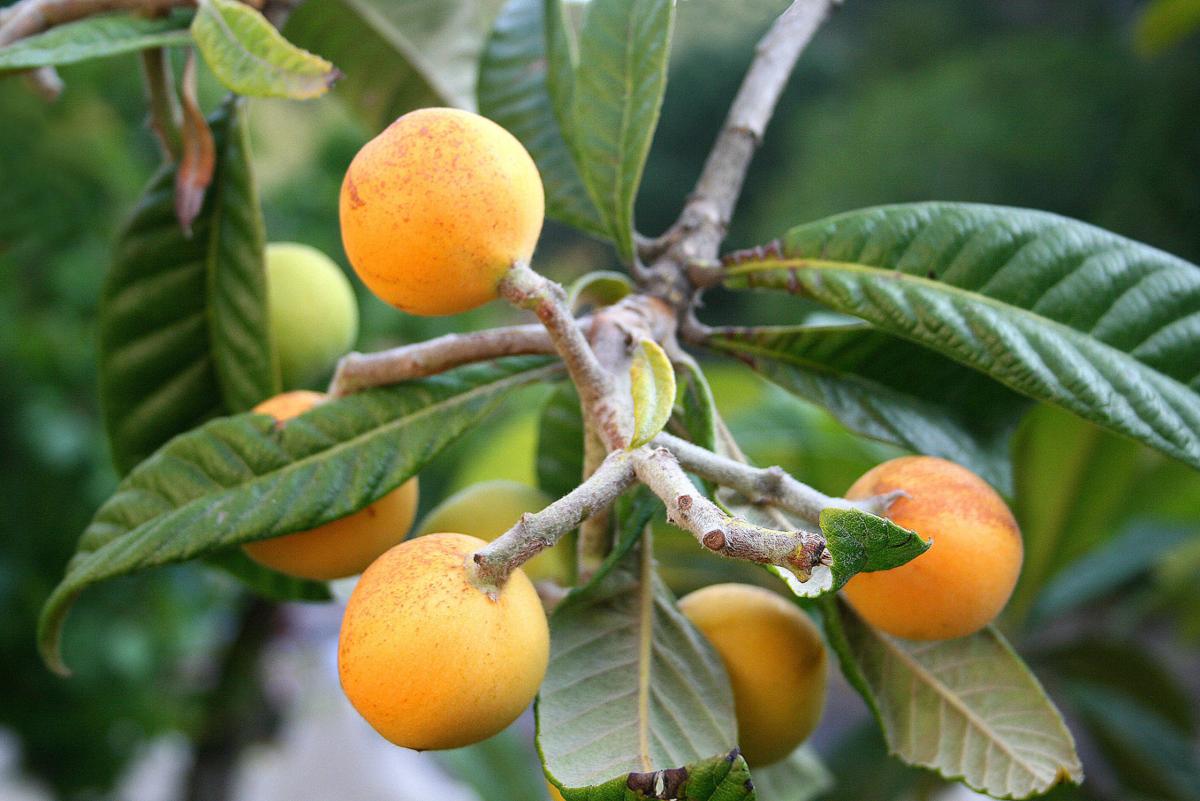Q: Every gardener has a "great white whale," and mine is the loquat. I have already killed two of them ... one due to insufficient watering, and one for reasons unknown. The third is in a pot, so I can move it if it gets too sun scalded. I'd like to plant it permanently, but don't know what the specific requirements are for it to grow successfully here. Mesquite Valley Growers told me it can't grow in full sun, and Civano showed me theirs...in full sun! Can you help me?
A: Loquats may be grown easily in full sun in some places such as coastal California and there are probably some microclimates in our area where they do fine in full sun. In general, in the Sonoran Desert they do best with western sun protection and in partial shade. Newly planted loquats even benefit with eastern sun protection from a shade structure until they are established. The leaves tend to suffer in extreme heat and fruit can be damaged as well. The trunk may suffer from sun scald if planted in full sun so it’s not a good idea to prune them in that situation and instead, allow the branches to grow down to protect the trunk. Loquats grow well on a variety of soil types but need good drainage and will not tolerate standing water. While they are drought tolerant, they will produce higher quality fruit with regular, deep watering. The deep watering allows the roots grow deeper and it helps wash salt that accumulates through the root zone. This means you should water every seven to 14 days during the summer, every 10 to 21 days in the spring and fall, and every 14 to 21 days in the winter. Loquats benefit from regular, light applications of a complete fertilizer but too much nitrogen will reduce flowering. Composted manures and other natural fertilizers that contain less salt are good alternatives. Micronutrient deficiencies are sometimes a problem so keep an eye on the leaves for symptoms. If you still have problems, please let me know before you shout, "Thus, I give up the spear!"
People are also reading…
Peter L. Warren is the urban horticulture agent for the Pima County Cooperative Extension and the University of Arizona. Questions may be emailed to tucsongardensage@gmail.com.











